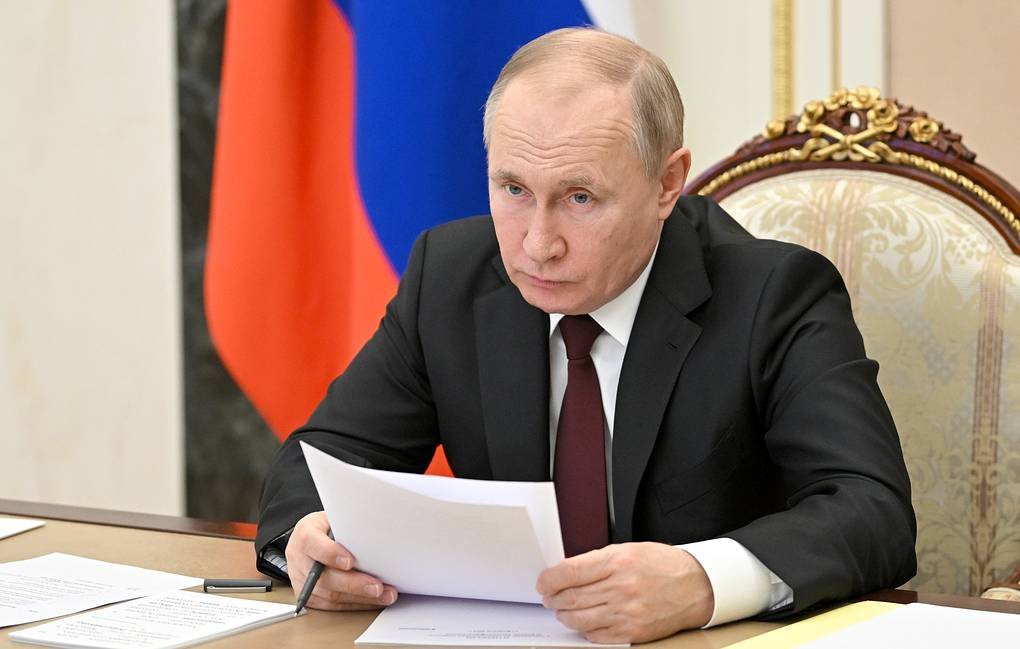By Tass News Agency
Mr Vladimir Putin has been re-elected president of Russia for the fifth time, according to preliminary data from the Central Election Commission (CEC) and the results of exit polls conducted by the Russian Public Opinion Research Center at 1,400 polling stations.
The incumbent head of State secured 87 per cent of the votes cast. Taking second place, according to exit polls, was Communist Party of the Russian Federation (CPRF) candidate, Mr Nikolay Kharitonov, chair of the State Duma Committee on Far Eastern and Arctic Development, with 4.6 per cent.
The third place went to New People party candidate and State Duma Deputy Speaker, Mr Vladislav Davankov at 4.2 per cent, while the fourth place went to Liberal Democratic Party of Russia (LDPR) candidate and State Duma member, Mr Leonid Slutsky at 3.0 per cent.
Exit poll data may differ from the official results, as the latter figures also factor in the results of remote electronic voting, which was an option for the first time in a Russian presidential election and available to voters in 29 regions, or one-third of the country.
With 90.01 per cent of ballot log files processed, the results showed 64.93 million citizens (87.21 per cent) had voted for President Putin, 3.19 million (4.28 per cent) for Mr Kharitonov, 2.93 million (3.94 per cent) for Mr Davankov, and 2.35 million (3.16 per cent) for Mr Slutsky.
In addition, this presidential election featured multi-day voting for the first time.
The CEC will announce the official election results later in the week after ballot logs from all 91,400 local election commissions are uploaded to the “Elections” State Automated System.
READ: Voting in Russian presidential election ends in Far East
However, the CPRF, New People and the LDPR have all conceded to the preliminary election results, according to one Russian newspaper, Vedomosti.
CPRF legal services chief Georgy Kamenev said that the party had not seen any significant irregularities or violations during the voting process, and that “there are no questions pointing to the illegitimacy of the election.”
According to the CEC, 74.22 per cent of Russia’s 112.3 million eligible voters had gone to the polls by 6 pm (polls closed at 8 pm) on the final day of voting, not counting online voting.
“A three-day voting period allows everyone who wishes to vote to do so on a convenient
day,” Daria Kislitsyna of the Expert Institute for Social Research told Vedomosti.
Three-day voting, unlike remote electronic voting, does not affect turnout in any way,
political scientist Alexander Kynev told the newspaper.
Russians who voted showed a readiness to respond to external challenges to their country
and society, according to Mr Sergey Perminov, deputy secretary of the General Council of
the United Russia party.



